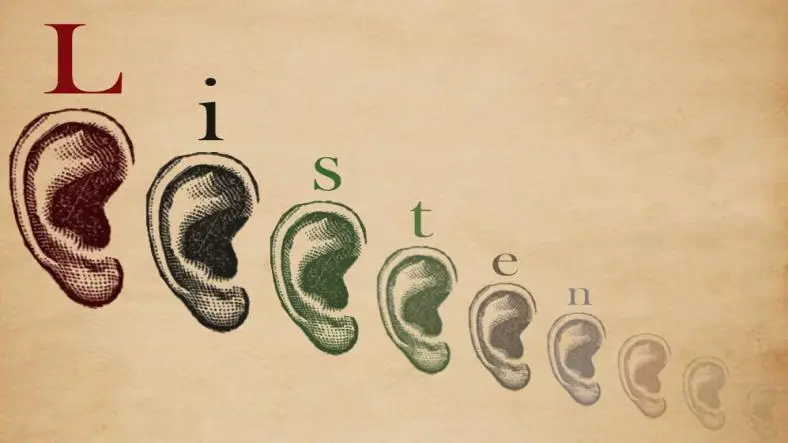Being a good listener is essential for effective communication and building strong relationships.
Here are some reasons why being a good listener is important, along with tips on how to improve your listening skills:
Why Be a Good Listener:
- Enhances Relationships: Being a good listener fosters trust, understanding and empathy in relationships, strengthening bonds and promoting healthy communication.
- Promotes Collaboration: Active listening encourages collaboration and cooperation by ensuring that all parties feel heard and valued, leading to better problem-solving and decision-making.
- Reduces Misunderstandings: Good listening skills help prevent misunderstandings and conflicts by clarifying messages, validating feelings and promoting clear communication.
- Shows Respect: Listening attentively demonstrates respect and consideration for others perspectives, feelings and experiences, fostering a positive and supportive environment.
How to Be a Good Listener:
- Give Your Full Attention:
- Focus on the speaker and eliminate distractions such as phones, computers, or other interruptions. Maintain eye contact and use attentive body language to show that you are engaged.
- Be Present:
- Be fully present in the moment and avoid mentally rehearsing your response or interrupting the speaker. Practice mindfulness to stay focused on the conversation.
- Listen Without Judgment:
- Suspend judgment and refrain from making assumptions or jumping to conclusions. Approach the conversation with an open mind and a genuine desire to understand the speaker's perspective.
- Use Reflective Listening:
- Reflect back what you hear by paraphrasing the speaker's message in your own words. This demonstrates that you are actively listening and helps clarify understanding.
- Ask Clarifying Questions:
- Ask open-ended questions to seek clarification, explore the speaker's thoughts and feelings and encourage further elaboration. Avoid leading questions or interrupting the speaker's flow.
- Validate Emotions:
- Acknowledge and validate the speaker's emotions by expressing empathy and understanding. Reflect back the speaker's feelings without judgment or criticism.
- Provide Feedback:
- Offer constructive feedback and affirmations to demonstrate that you are actively engaged in the conversation. Summarize key points, offer insights and provide encouragement as appropriate.
When to Be a Good Listener:
- During Important Conversations:
- Practice active listening during important conversations, such as discussions about feelings, concerns, or important decisions. Give the speaker your full attention and create a supportive environment for open dialogue.
- In Conflict Resolution:
- Listen attentively during conflicts or disagreements to understand the other person's perspective and find common ground. Avoid defensive or argumentative responses and focus on listening with empathy and respect.
- In Everyday Interactions:
- Be a good listener in everyday interactions with friends, family, colleagues and acquaintances. Show interest in others experiences, actively engage in conversations and demonstrate empathy and understanding.
By cultivating good listening skills, you can strengthen your relationships, improve communication and create a supportive and respectful environment where everyone feels heard and valued.
Thanks for reading the article, for more lifestyle related articles read our peoples blog articles.







![OnePlus Buds Pro 3 Bluetooth TWS in-Ear Buds - Dual Drivers, Dual DACs, Dynaudio EQs, Up to 50dB Adaptive Noise Cancellation, Up to 43Hrs Battery [Lunar Radiance] OnePlus Buds Pro 3 Bluetooth TWS in-Ear Buds - Dual Drivers, Dual DACs, Dynaudio EQs, Up to 50dB Adaptive Noise Cancellation, Up to 43Hrs Battery [Lunar Radiance]](https://m.media-amazon.com/images/I/61dVOVxHn3L._SX679_.jpg)






